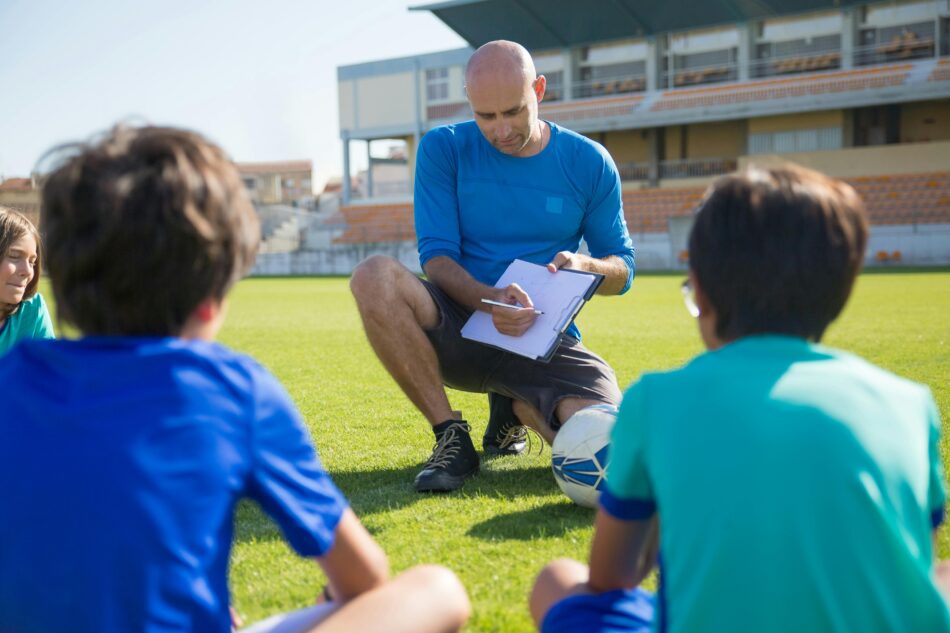When it comes to early childhood education, hands-on experiences matter just as much as classroom learning. That’s why field trip programs play a crucial role in your child’s overall development. These programs offer young learners the chance to explore, interact with the world around them, and connect lessons to real-life experiences.
For families in Sugar Land, TX, choosing a program that includes regular field trips can offer added value beyond traditional learning. Whether it’s visiting a local museum, nature center, or farm, field trips open the door to curiosity, discovery, and practical knowledge.
The Educational Power of Field Trips
Field trips are more than just fun outings—they are extensions of the classroom that provide meaningful, hands-on learning experiences. Young children absorb knowledge best through exploration, and field trips offer a dynamic way to stimulate their senses and imagination.
In well-planned field trip programs, children gain real-world context to the subjects they’re learning in school. For example:
- A visit to a zoo can deepen understanding of animal science
- A tour of a fire station can support lessons on community helpers
- A trip to a botanical garden can spark interest in plants and nature
By actively engaging in their environment, children develop observation skills, language abilities, and a broader understanding of the world.
Why Choose Programs That Include Field Trips?
Parents in Sugar Land, TX, have access to several educational centers that incorporate field trips into their curriculum. These field trips in Sugar Land are not only educational but also safe, age-appropriate, and enriching for young learners.
Choosing a program that offers regular field trips allows children to
- Interact socially outside the classroom
- Experience diverse environments
- Connect classroom topics with real-world settings
- Practice critical thinking in unfamiliar situations
Programs that feature the Best Field Trips Programs also plan these experiences with learning goals in mind, ensuring that each outing reinforces what’s being taught in the classroom.
Emotional and Social Benefits of Field Trips
Beyond academics, field trips help children develop emotionally and socially. Being outside their usual environment encourages children to:
- Adapt to new settings
- Follow instructions from different adults
- Work as a team
- Build confidence in navigating new places
These skills are essential not only for school readiness but also for life. Field trips provide a low-pressure, engaging setting where children can practice independence and communication.
How to Know If a Program’s Field Trips Are High-Quality
Not all field trips are created equal. Look for programs that:
- Communicate clearly with parents about trip goals and safety measures
- Select age-appropriate destinations that align with learning objectives
- Provide follow-up classroom activities related to each trip
- Prioritize supervision and child-to-staff ratios during outings
Centers like Little Companions Daycare understand the value of structured, educational trips that support holistic child development. These thoughtfully planned outings create memorable learning moments that stay with children long after the trip is over.
Final Thoughts
Incorporating field trips into a child’s early education is one of the best ways to bring learning to life. These experiences make lessons more engaging, help children connect with their community, and give them a deeper appreciation for the world around them.
If you’re a parent in Sugar Land, TX, consider enrolling your child in a program that offers Field Trips Programs as part of their curriculum. It’s not just an added perk—it’s an important tool in shaping well-rounded, curious, and confident young learners.
FAQs
1. What are field trip programs in early education?
Field trip programs are planned educational outings that take children outside the classroom to explore real-world environments related to their learning.
2. Are field trips safe for young children?
Yes, reputable programs ensure safety through proper supervision, planning, and parent communication. Look for centers that maintain low child-to-staff ratios during trips.
3. How often do daycare or preschool programs offer field trips?
This varies by center. Some offer monthly trips, while others schedule them seasonally or during themed units. Ask your provider for a calendar or sample schedule.
4. What should my child bring on a field trip?
Most programs provide a checklist, but common items include comfortable clothes, a packed lunch (if needed), water, and any necessary permission forms.
5. Do field trips cost extra?
Some programs include the cost in tuition, while others may ask for a small fee per trip. Always check with your center for details about pricing and policies









